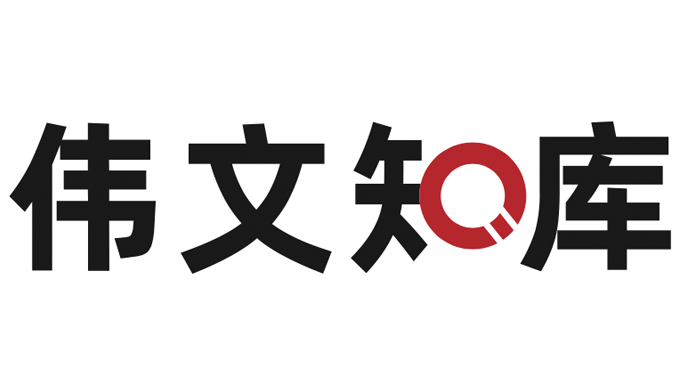“Good faith” to deter opportunistic trademark litigation——How to Deal with Abusive Trademark Litigation
摘要
The principle of good faith applies not only to the manner in which trademark rights are obtained, but also to the manner in which those rights are enforced through litigation. Trademarks may generate steady income for trademark holders due to the long life span of trademark rights and the increasing value of the rights when the mark becomes recognized by the market through continuous use. However, registering or otherwise obtaining trademark rights solely in order to profit from litigation or to eliminate competition in a market may constitute an abuse of power or contravene the principle of good faith, and this may well impact on the compensation that a Court is prepared to award for acts that would otherwise constitute trademark infringement. This article discusses the prevailing trends of the Supreme Court in dealing with abusive trademark litigation with the ‘‘Qisehua’’ case.
正文
备注
本文献PDF共计5页,免费分享。



